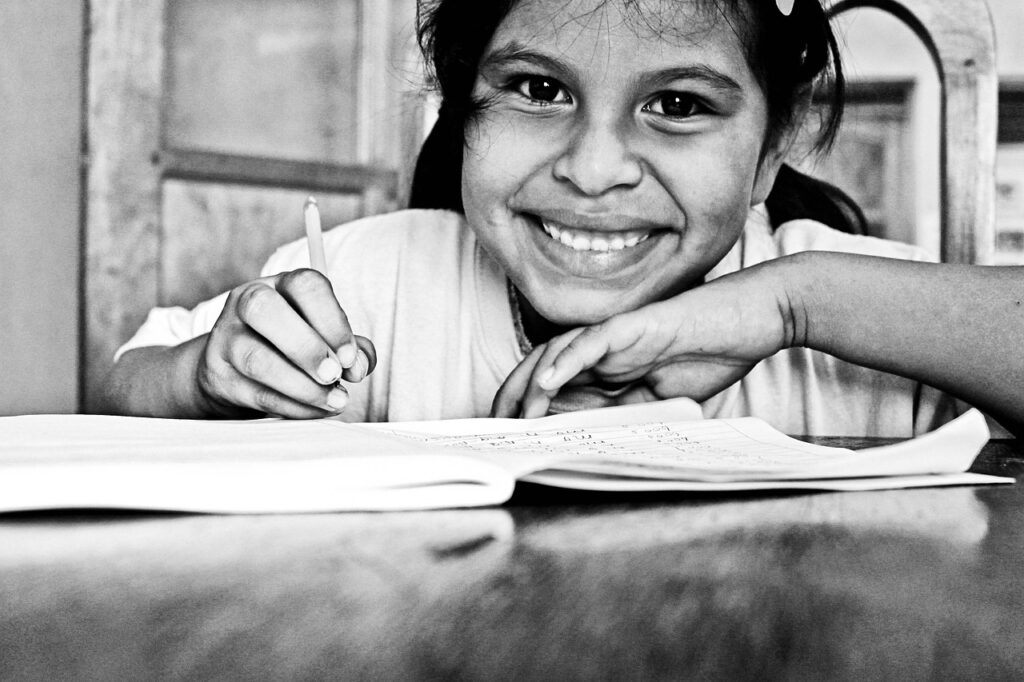Schools in Morocco
Morocco has a diverse education system that caters to a wide range of students. The education system is divided into three levels: primary education, secondary education, and tertiary education.
Primary Education:
Primary education in Morocco is compulsory and lasts for six years. Children usually start primary school at the age of six and complete it at the age of twelve. The curriculum includes Arabic, French, mathematics, science, history, geography, and Islamic education. In addition to this, primary schools may offer extra-curricular activities such as sports, arts, and music.
Secondary Education:
After completing primary education, students move on to secondary education, which lasts for three years. In the first two years, students study a range of subjects such as mathematics, science, Arabic, French, Islamic education, and a foreign language. In the final year, students specialize in either scientific, literary, or technical subjects. At the end of the third year, students sit for the national baccalaureate exam.
Tertiary Education:
Tertiary education in Morocco is offered by universities, grandes écoles, and vocational schools. The education system is based on the French system, and many courses are taught in French. However, some universities and vocational schools also offer courses in English. The academic year usually starts in September and ends in June, and students are assessed through exams and assignments.
School Infrastructure:
Schools in Morocco vary in infrastructure and quality. While some schools have modern facilities and resources, others may lack basic infrastructure such as clean water, electricity, and sanitation. The government has implemented several initiatives to improve the quality of education in the country, such as providing free textbooks and increasing teacher training.
In conclusion, Morocco has a diverse education system that provides students with a range of opportunities. While the education system has its challenges, the government is working towards improving the quality of education in the country. If you’re considering studying in Morocco, it’s important to research the schools and programs available to find the one that best suits your needs.
Private Schools:
In addition to public schools, Morocco also has private schools. These schools offer a more specialized education and may have a higher standard of facilities and resources. However, private schools are often more expensive than public schools and may not be accessible to everyone.
Language:
The official languages of Morocco are Arabic and Tamazight. However, French is also widely spoken, and many schools use French as the primary language of instruction. In recent years, there has been an increased focus on teaching English in schools, especially in tertiary education.
Islamic Education:
Islamic education is an important part of the curriculum in Morocco, and students are taught about the history and principles of Islam. However, the education system is also secular, and students from different religious backgrounds are welcome in public schools.
Gender:
Morocco has made significant progress in promoting gender equality in education. The country has achieved gender parity in primary and secondary education, and more girls are enrolling in tertiary education. However, there are still some challenges, especially in rural areas where girls may face cultural and economic barriers to education.
Overall, the education system in Morocco provides a good foundation for students to develop their knowledge and skills. While there are some challenges and disparities in the system, the government is committed to improving the quality of education for all students.
Book your Morocco tours

